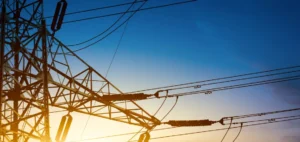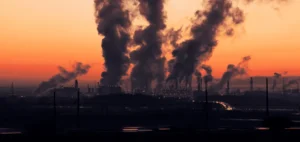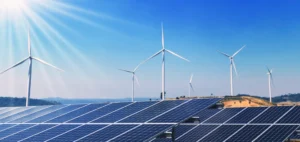The Brazilian government has stepped up its investments in rare earth minerals, essential metals for advanced technologies and global energy transition. Over the past six months, several large-scale mining projects have been initiated as part of a national policy aiming to strengthen the country’s position in a market historically dominated by China. Brazil currently holds the world’s third-largest rare earth reserves, mainly located in the states of Goiás, Bahia, and Minas Gerais. Recent public and private financial commitments clearly reflect a desire to diversify the global supply chain.
Recent projects and economic implications
Earlier this year, the Serra Verde project in Goiás officially began commercial production, aiming for an annual capacity of around 5,000 tons of rare earth oxide concentrates at full operation. This site, among the most significant in Brazil, represents a strategic investment for local authorities due to its export potential to North American and European markets. Meanwhile, the Caldeira project in Minas Gerais, led by an Australian mining company, recently attracted interest from the U.S. Export-Import Bank (EXIM) with an anticipated financing of approximately $250 million. This project targets the production of light and heavy rare earths, partially destined for export to a separation plant located in Estonia.
Competitiveness factors and market conditions
Despite these notable investments, the rare earth market is currently experiencing volatility, with prices declining approximately 70% over the past two years. This price drop represents a complex challenge for investors, reducing anticipated financial returns from these long-term industrial projects. However, Brazil’s competitiveness partially lies in relatively low operational costs, enabling it to maintain a favorable position compared to competitors in Australia or North America. The stabilization of future investments will strongly depend on international economic conditions and trade policies adopted by major importing countries.
Geopolitical issues and international perspectives
Beyond strictly economic considerations, the development of Brazil’s rare earth sector occurs in a specific geopolitical context, marked by a growing global desire to reduce dependence on China, which still controls over 80% of the global market. This strategic dynamic presents Brazil with a unique opportunity to assert itself as a credible alternative supplier to Western markets. Achieving this ambition effectively, however, will require sustained investments as well as rapid adaptation to international technical and regulatory developments that may impact the short-term profitability of these operations.






















